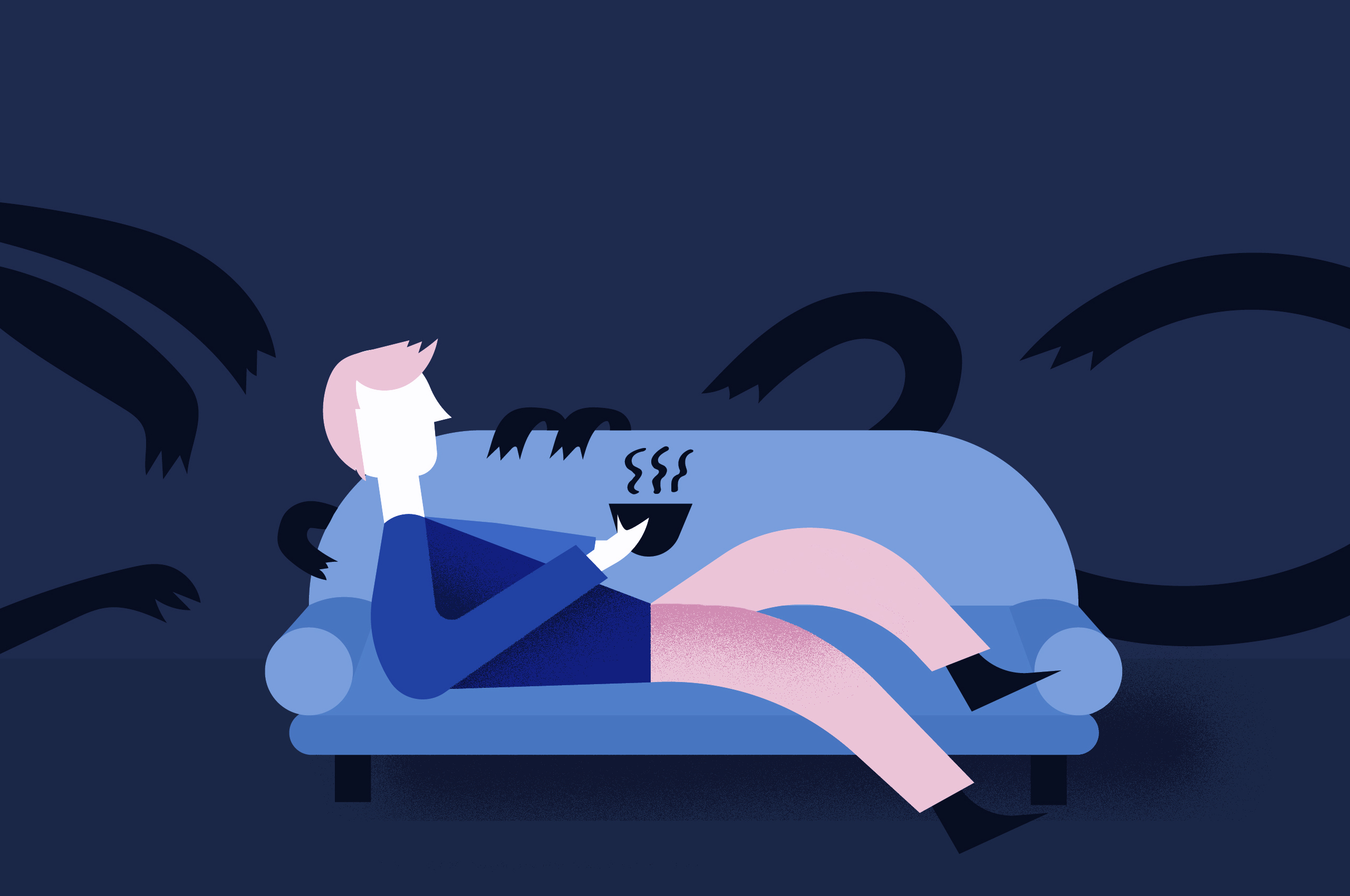Depression is a mental health condition that affects over 300 million people worldwide. Depending on the country, adequate diagnosis and treatment for those with depression can be exceptionally low, an issue caused by lack of resources or negative social stigma tied to seeking help for mental health problems.
Depression deserves more attention than it currently receives and the taboo surrounding it needs to be erased, both of which can be accomplished by encouraging an environment in which discussions regarding mental health are held freely.
As someone who has never been clinically diagnosed with depression, I have discreetly struggled with it for over three years. My depressive episodes have been sporadic, never occurring at set intervals, specific times or through any known triggers; they just occur.
The result was the development of unhealthy coping mechanisms that only made my feelings of depression worse: isolating myself from family and friends, allowing myself to fall behind on academic work and forming irregular eating and sleeping patterns.
It became a slippery slope, and each bad habit I formed made it that much easier for me to fall into a depressive episode. So, through trial and error and lengthy discussions with loved ones, here are three activities I have found effective in coping with depression.
I have found these pastimes useful in dealing with my depression, but they are obviously not the definitive answer for everyone. If you or someone close to you is withdrawing from family and friends or feeling emotional pain, consider discussing the issue with your doctor or a mental health professional.
1. Painting/Writing
These are technically two separate activities, but they both serve the same purpose: They allow the participant to physically manifest their feelings, thoughts, desires, fears, hopes and dreams. Writing in any form, be it poetry, prose, a journal or even a letter is a great way to express these emotions with no course of judgement.
Painting functions the same way, and it is definitely a more fun, creative outlet. Nothing is impossible on a canvas, and it can even allow for a more true form of expression from the painter. That is, the painter can be as abstract as they desire.
2. Cleaning
Keeping a clean, organized environment is significant for a variety of different reasons, but it can also seem like an overwhelming task. I’ve found it’s helpful, rather, to chip away at this herculean task in increments.
Doing so begins at one of the most quotidian of all daily moments: waking up and getting out of bed. Afterward, two options immediately follow: you can make your bed, or you can choose to continue on with your day, perhaps making your bed later. Neither decision is inherently wrong, but choosing the former offers a distinct set of benefits.
Making your bed immediately organizes a large portion of your room, which begins the process of returning cleanliness to your environment. An tidy bed can stir motivation to clean your room, which can stir motivation to organize your living room and so on.
More importantly, perhaps, making your bed begins your day on a positive note with a micro-accomplishment, and this brief sense of accomplishment can create enough momentum to carry over the rest of the day.
3. Exercise
It’s almost cliche to note the love-hate relationship most people, myself included, have with exercising, but it’s completely understandable.
Working out can be incredibly difficult; the anticipation prior to exercising alone can be paralyzing enough, and when you consider the idea during a depressive state, the act of engaging physically in any activity seems beyond impossible, and sometimes is.
Like cleaning, however, accomplishing micro-goals can provide just as much of a boost as any activity itself does. That is, performing one sit-up a day is more beneficial than performing none, and that one sit-up can spark the motivation to perform two, five or 10 sit-ups — incremental growth.
Additionally, physical exercise increases the production of endorphins, which have been known to improve moods.
Finding the right outlet for exercise can be difficult, but any activity will do — yoga, cycling, hiking, swimming, Crossfit, rock-climbing — and each activity provides its own unique set of benefits. I personally find running to be incredibly therapeutic, despite how gruesome it can be at times.

















